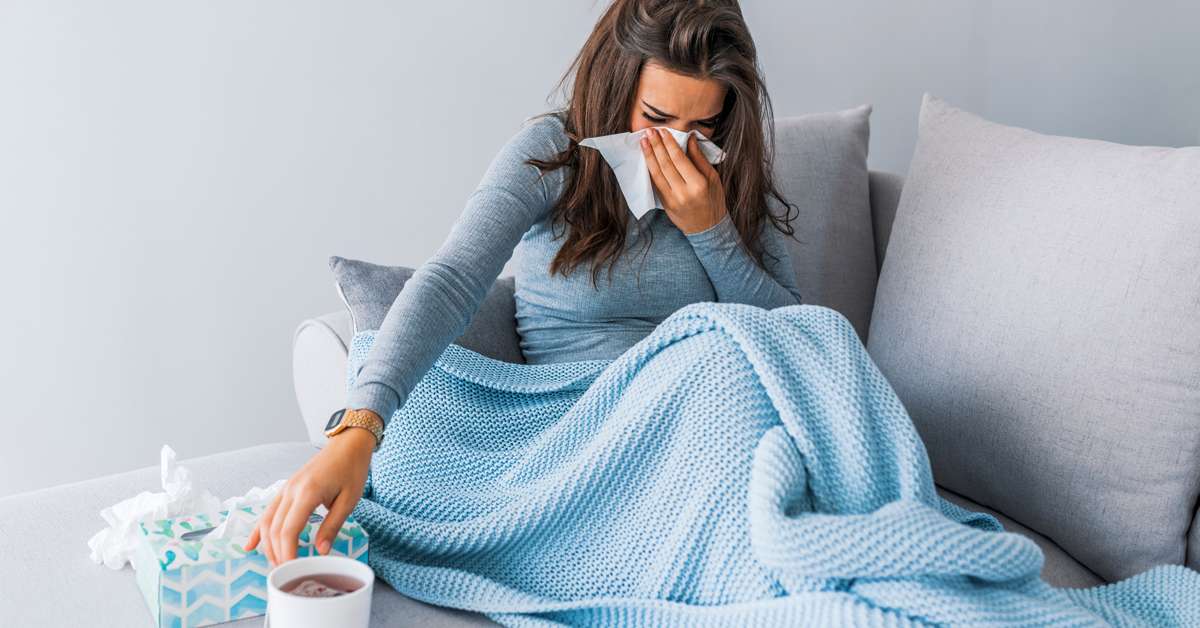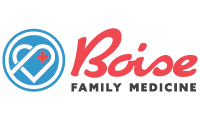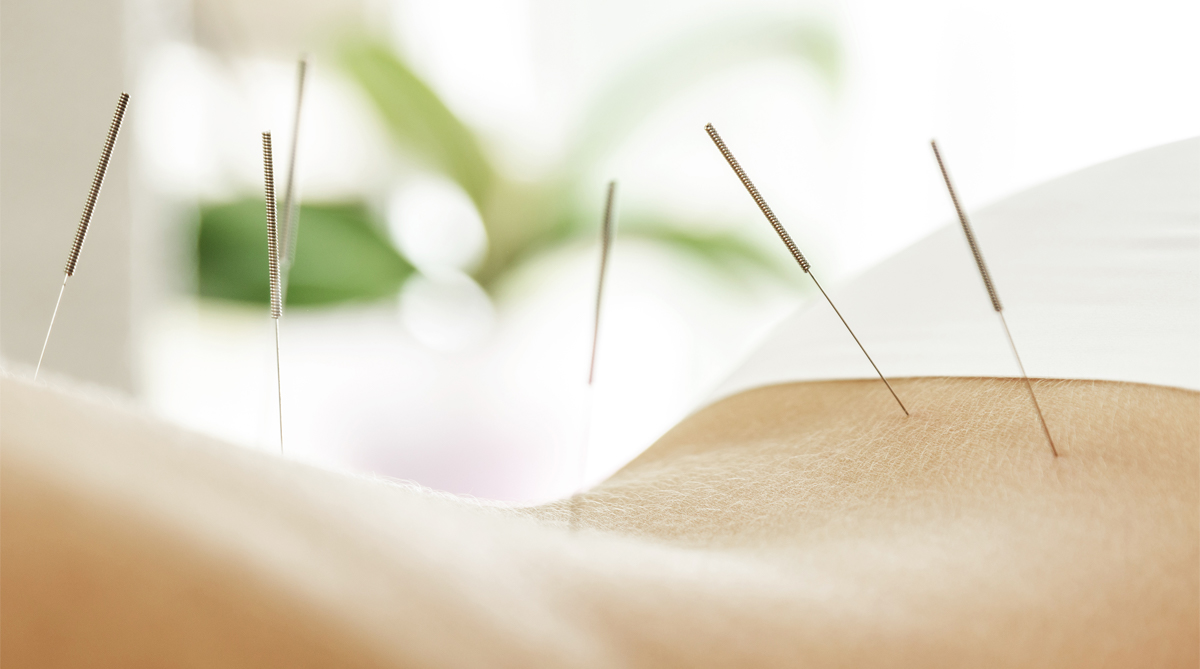
What does it mean to self-isolate?
Amid the concerns surrounding the current coronavirus (COVID-19), you may be advised by our healthcare provider to self-isolate or self-quarantine during your illness.
If you’re experiencing symptoms or have been in close contact with an infected individual and asked to self-isolate or self-quarantine, here’s some guidance to help you mitigate the risk of infecting others.
If you are told to self-isolate or quarantine, you should:
- Stay home from work or school, in your apartment or your house, and confine yourself to one room; do not attend sporting events or other social gatherings (in the case of coronavirus (covid-19) until 14 days after the date of your departure from an affected area or close contact with a confirmed exposure).
- Limit your contact with other people, including those that may live or care for you in your residence. Ideally allowing only one person in your residence to provide your care.
- Cough and sneeze into your elbow, the upper arm or tissue, never use your hand.
- Promptly dispose of used tissue into the waste basket.
- Wash your hands with soap and water or use an alcohol-based hand sanitizer after coughing or sneezing or contacting a used tissue or any potentially contaminated items.
- Avoid sharing household items. Do not share drinking glasses, towels, eating utensils, bedding, or any other items until you are symptom free or cleared by your health are provider.
- Continuously clean and disinfect your surroundings. Try to clean surfaces that you interact with regularly and those you share with others, such as electronic touch screens, doorknobs, telephones, and kitchen/bathroom surfaces (or any other object that you sneeze or cough on), with a standard household disinfectant designed to kill viruses and bacteria. Always wash your hands after cleaning with chemical agents.
If you live with someone who has been ordered to self-quarantine it is recommended you do the following:
- Clean your hands frequently and thoroughly with soap and water or an alcohol-based hand sanitizer.
- Self-monitor for signs and symptoms of infection. If you share living space with someone who is instructed to self-isolate or self-quarantine, monitor yourself closely for the development of fever and respiratory symptoms.
- Avoid contact with anyone who currently under self-isolation or self-quarantine.
- Regularly clean common surfaces and shared devices. Many common viruses and bacteria on household surfaces are easily destroyed with household cleaners. It is a good idea to clean surfaces and devices you share with anyone who is sick or exhibiting symptoms of a contagious illness or infection, such as electronic screens, doorknobs, telephones, and kitchen/bathroom surfaces. Use a standard household disinfectant. Always wash your hands after using chemical cleaners.
- Wash laundry using the hot water or sanitize settings on machines with soap or detergent. Dirty dishes and eating utensils should be washed in a dishwasher or by hand with warm water and dish-soap. Clean your hands with soap and water or alcohol-based sanitizer immediately after handling dirty laundry.
If you are experiencing fever and shortness of breath or shortness of breath and have known contact with an infected individual, you should go to urgent care or the emergency department for further evaluation.



